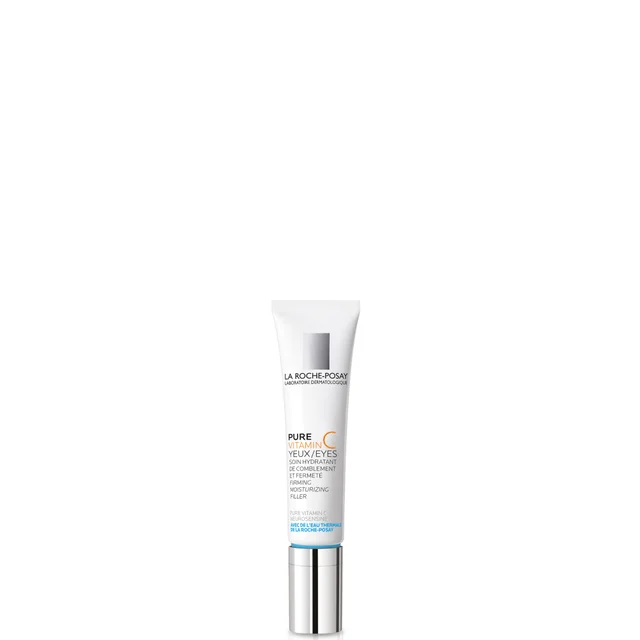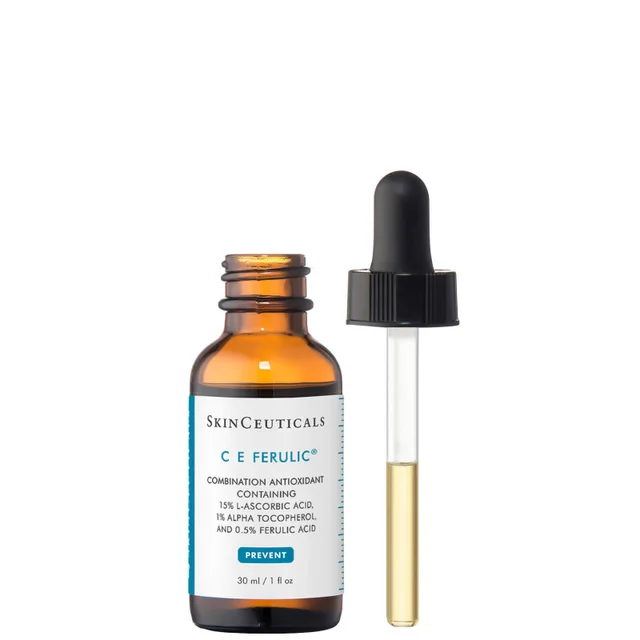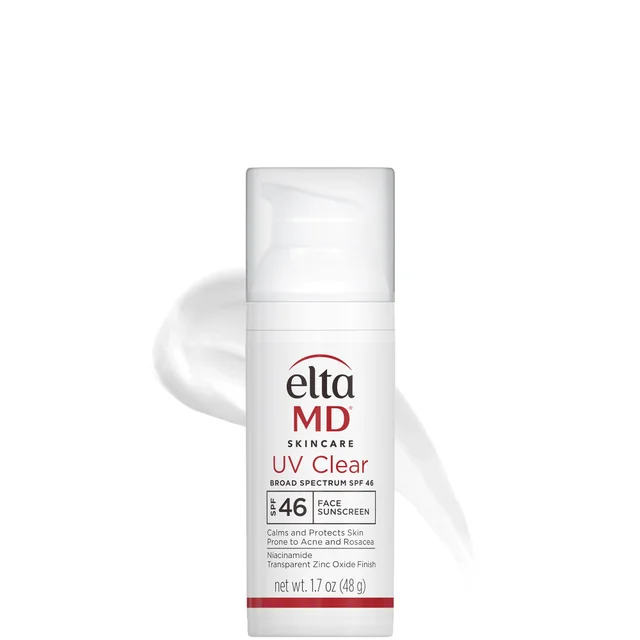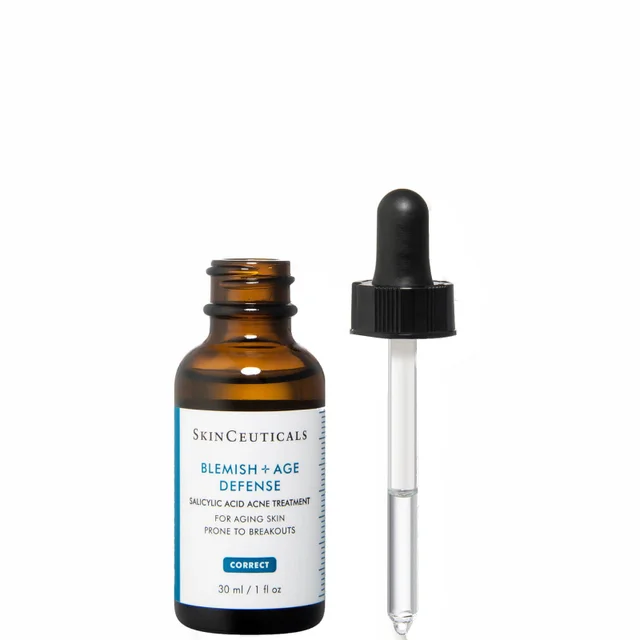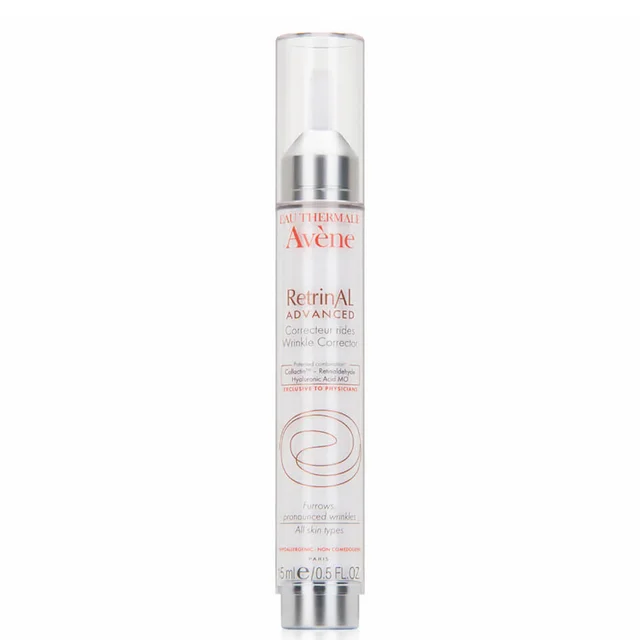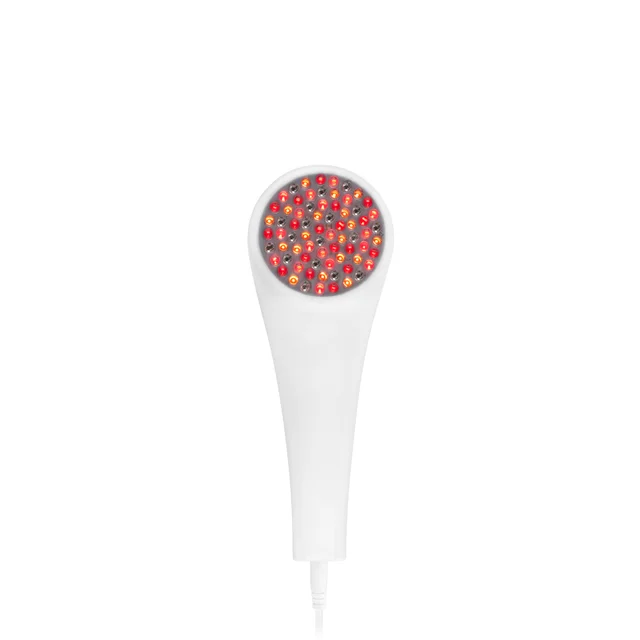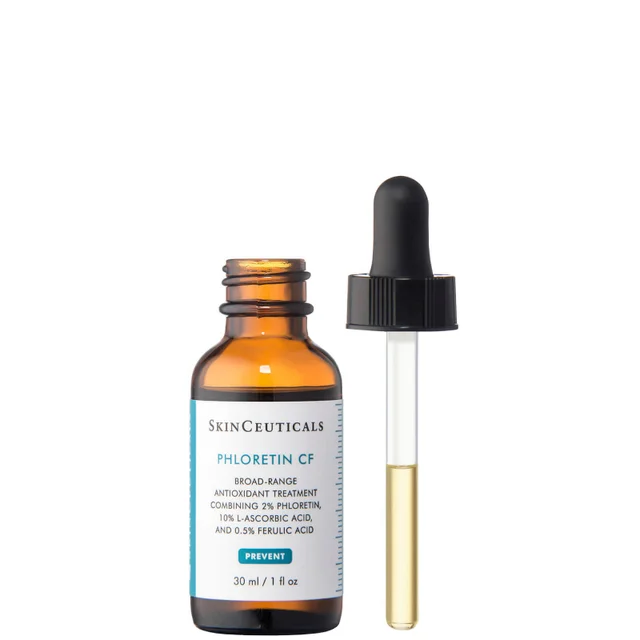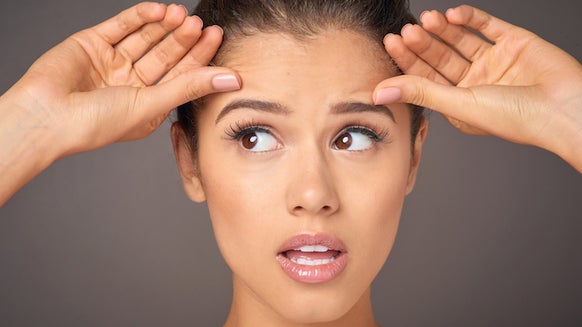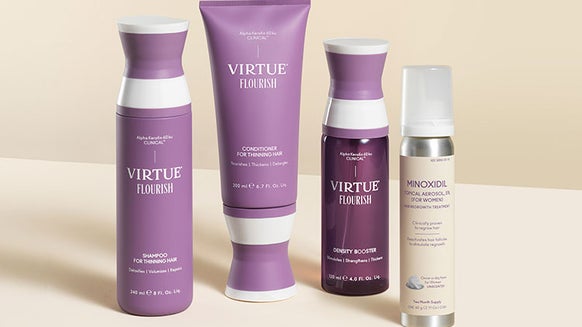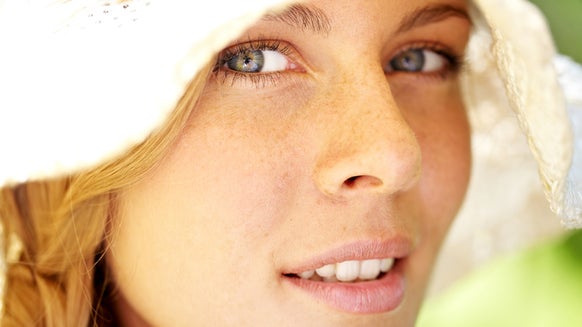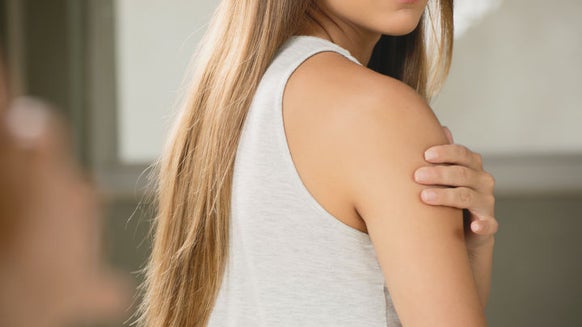How to Prevent Wrinkles: 4 Expert Tips
Dermstore recently conducted a poll among 2,000 women nationwide, revealing surprising results about how they approach anti-aging skin care. We caught up with skin care expert, Christina Ponzio-Guarino, MS, PA-C to get the lowdown on best anti-aging practices and what may be our best shot at staying younger, longer.
1. Always, always, always protect your skin from the sun.
Over 28 percent of women under 25 admit that they regularly worry about their signs of aging, and this number increases to 42 percent for those aged 25–34 and then 54 percent for those aged 35–44. With pressures coming from all directions, young adults are more concerned than ever with attaining and maintaining youthful and healthy skin for as long as possible. Ponzio-Guarino says sun damage is, in fact, the primary underlying cause contributing to skin care worries even if it may not be obvious.
“Sunscreen is the trend in skin care toward prevention in your twenties instead of correction later in life,” Ponzio-Guranio says. “The biggest thing you can do to prevent wrinkles, early signs of aging and cancers is to wear sunscreen. In fact, it is not even worth using any creams or doing any types of procedures if you do not implement this very basic and simple anti-aging routine.”
Ponzio-Guarino adds that sunscreens should be broad spectrum—meaning they offer protection from both UVA rays and UVB rays, with at least a 30 SPF. (Here's a trick to remember the difference: think of the A in UVA for aging and the B in UVB for burns.) Elta MD UV Clear SPF 46 is a broad-spectrum sunscreen that not only protects from both aging and burning rays but won't feel greasy on your skin. She also suggests buying clothing with UPF (ultraviolet protection factor) to avoid skin damage if you are outside for long periods of time.
2. Focus on the As: antioxidants and alpha hydroxy acids.
This is where we ask the age-old question, when is it best to begin using anti-aging products? "Anti-aging practices have become much more prevalent,” says Ponzio-Guarino, “and after establishing a good sunscreen regimen, it’s safe and effective to begin using anti-aging products in your twenties.” Once in our twenties less and less collagen is produced each year. Ponzio-Guarino suggests antioxidant heavy products (such as Vitamin C serums) or the utilization of AHA’s (glycolic and lactic acid) as the best anti-aging products to use in your twenties. Both protect against environmental damage to the skin caused by free radicals and can also reverse the effects of skin damage while keeping wrinkles at bay for much longer as they work to slough away dead skin cells, diminish existing damage and revitalize deeper layers of the skin.
3. Add a retinol or tretinoin (Retin-A) to your anti-aging arsenal.
Dermstore’s poll has also revealed that a surprising 30 percent of women under 35 regularly use anti-wrinkle products, including one in five women under the age of 24. The main reason is to help slow down or make up for the loss of collagen in our skin. “In addition to losing collagen production in our twenties, we lose moisture and elasticity in our thirties, leading to thinner skin, more susceptible to wrinkles,” says Ponzio-Guarino.“Tretinoin (Retin-A) a type of prescription retinoid, is an active form of vitamin A, and though it was originally used for acne (and still is), it works by stimulating the production of collagen, increasing cell turnover and regulating the cell cycle.”
4. Prevent (and erase) wrinkles using Botox.
By our forties, collagen may stop producing altogether, according to Ponzio-Guarino. Dermstore found that younger women are even more likely than older women (20 percent versus 11 percent) to say they would consider getting plastic surgery to fight off signs of aging. Though many people might think of Botox as an aggressive and over-exaggerated procedure, Ponzio-Guarino claims people are starting to get Botox injected in the glabella (the part of the forehead between the eyebrows), forehead and crow’s feet at younger and younger ages.
“Botox (botulinum toxin) is used to reduce fine lines and wrinkles by paralyzing the underlying muscles,” she says. “I do think it is beneficial for those who are starting to see deeper horizontal lines or wrinkles on the forehead, 1’s or 11’s between the brows/glabella or deeper crows feet around the eyes.”However, Ponzio-Guarnio cautions against Botox when there is nothing there to see (or hardly anything to see). “Botox should only be done when it is appropriate and should be done in a way where no one should know you got it," she says. "It is simply meant to soften the wrinkles, not freeze the face. A good foundation of sunscreen, antioxidants/AHAs and prescription retinoids can very well keep you from needing Botox at all.”

From the latest hair and makeup trends to the best solutions for your skin issues, we've got all your beauty concerns covered!
